During the 1990s, MSF teams made a bitter observation: we were failing to treat some of our patients suffering from infectious diseases, while in developed countries, remarkable progress was being made in the field of health. Two decades on, medicines in developing countries are still either too expensive, aren't suitable to be used in many of the contexts in which we work (for example, in hot, humid conditions or where there's a lack of electricity), or simply don't exist for the diseases we need to treat.
In 1999, we launched the Campaign for Access to Essential Medicines, now known as the Access Campaign. Its mission focuses on three areas: overcoming barriers to access to essential medicines, stimulating research and development for neglected diseases, promoting health exceptions to global trade agreements.
In 2003, MSF joined several research institutes, including the Institut Pasteur, to create the Drugs for Neglected Diseases initiative (DNDi), a non-profit research and development organisation engaged in research and development of new treatments for neglected diseases.
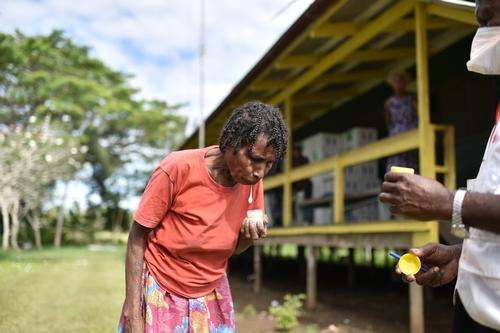
Innovating to reach remote TB patients and improve access to treatment
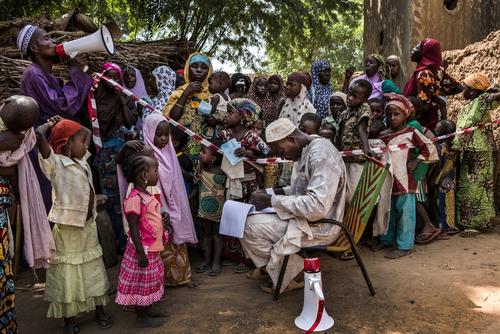
MSF provides preventive treatment to 735,000 children in Niger, Mali and Chad
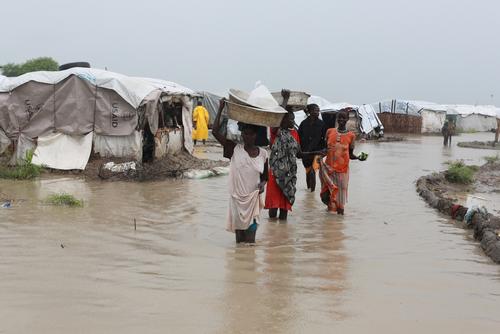
Gallery: Preventing Pneumonia in Emergencies
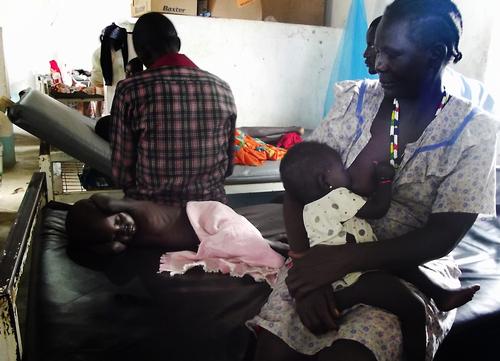
the quandary of malaria patients in rural South Sudan
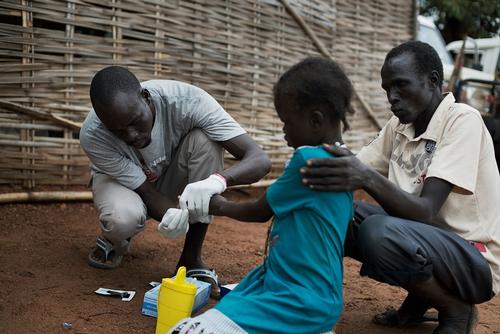
Access to antimalarial treatments must be increased in the west of the country
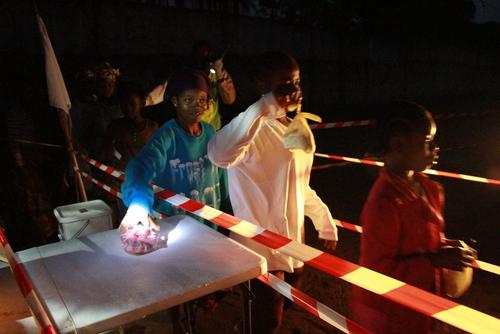
Ebola in Liberia – Malaria must be treated too

Practices and policies dangerously out of step with TB crisis
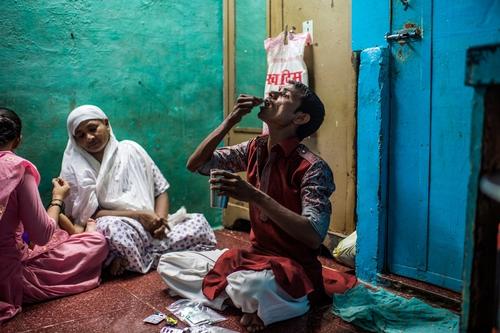
Out of Step: Deadly Implementation Gaps in the TB Response








